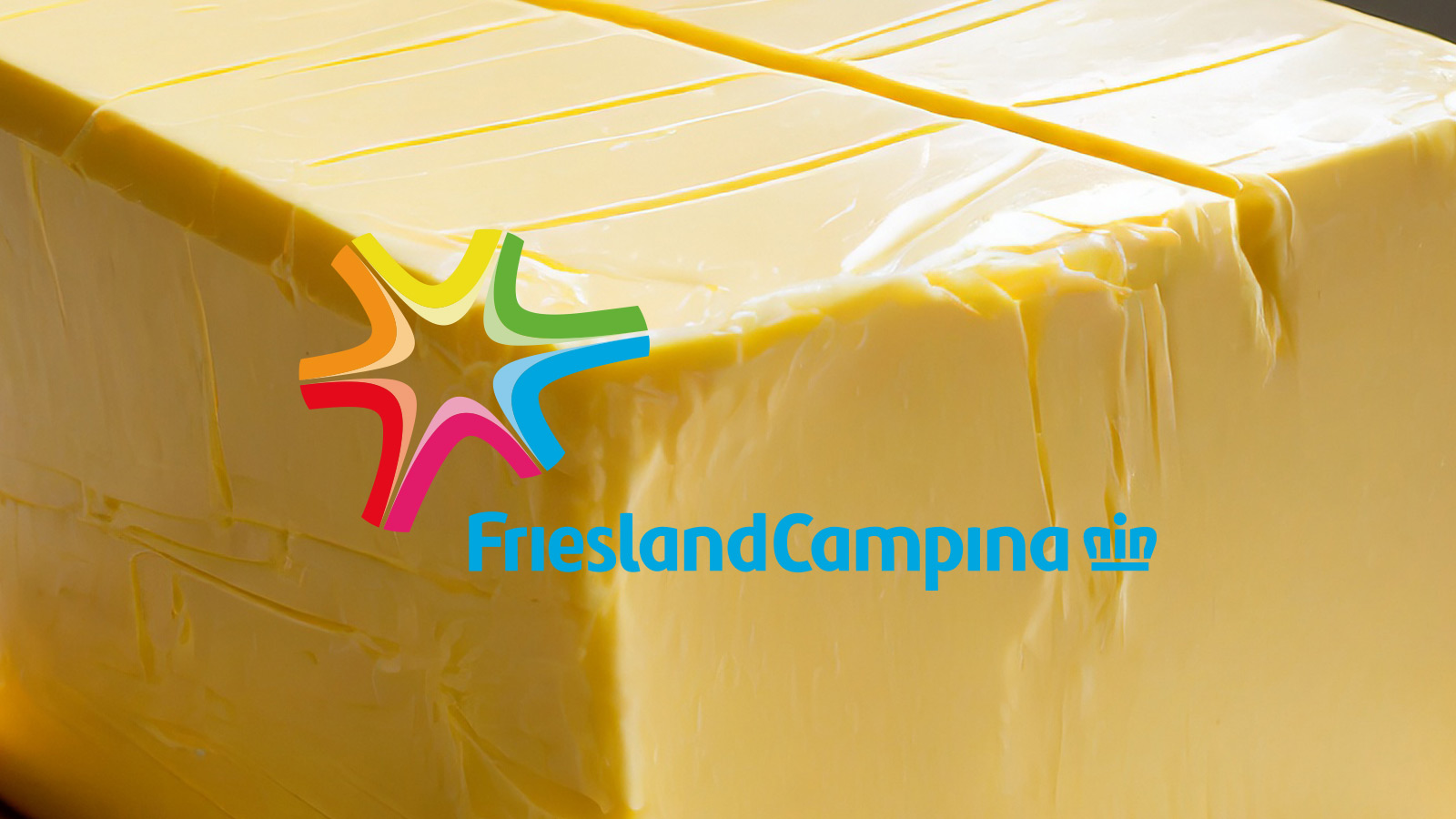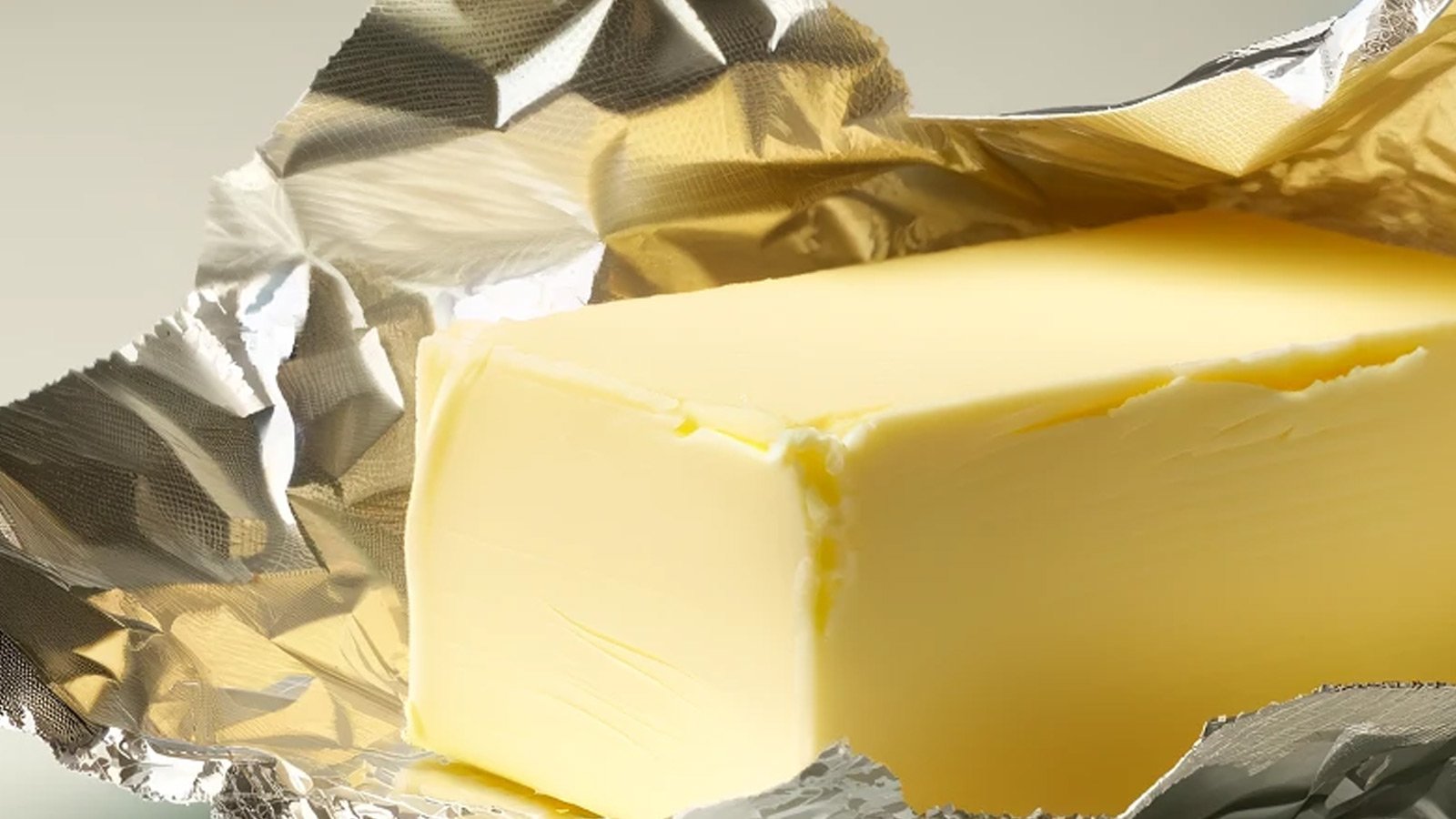Today we delve into a topic relevant to people and the environment: the processing of butter packaging. Food packaging is often not processed properly because of contamination, and butter is an example of this. Every day we consume and produce large quantities of butter. That also involves an awful lot of packaging. In this case we dive into the world of contaminated butter packaging and the solution that Milgro realized in cooperation with various parties.
The problem with butterfoils
Recycling companies are looking for clean and monomaterial films, or clean packaging materials made from only one type of material. This is because it is easier to sort and process one type of material.
But in reality, many packaging materials are contaminated, complicating the recycling process. A good example is butter films (packaging for butter), which are often smeared with butterfat. This makes them unsuitable for standard recycling methods. In fact, the grease on these packages can interfere with the recycling process.
This problem is not unique to the butter industry; large bakeries and other food producers have similar challenges. In a collaboration with Milgro, a trial was conducted to see if a system could be established to recycle butter films. The goal was to recycle used butter films in a sustainable way.
The innovative approach
Milgro, in a collaboration with several partners, knowledge institutes and a plastic recycler, set up a promising trial. This trial involved using a washingline at the recycler to clean contaminated films. The goal? To find an alternative to incineration and/or chemical recycling. Our preference was for mechanical recycling of the films because it is less energy intensive than incineration and chemical recycling. Thanks to the expertise of Milgro and the recycler, together we arrived at this great solution.
Industrial washingline
After months of testing and adjustments, the washing line proved to be effective. Thanks to the cooperation between Milgro and the recycler, it succeeded in washing the contaminated butter films and preparing them for mechanical recycling. This was a significant step forward, both for Milgro and for various parties involved in the production of butter and similar foods. The improvement in the cleaning process led to energy savings. It is estimated that this resulted in a 30% to 50% reduction in CO2 emissions. A good cooperation with a nice result.
Stay informed
 Would you like to know more about our approach or discuss the possibilities for your organization in a no-obligation meeting? Then make an appointment now with Alex van Kuilenburg, Business Developer at Milgro.
Would you like to know more about our approach or discuss the possibilities for your organization in a no-obligation meeting? Then make an appointment now with Alex van Kuilenburg, Business Developer at Milgro.












